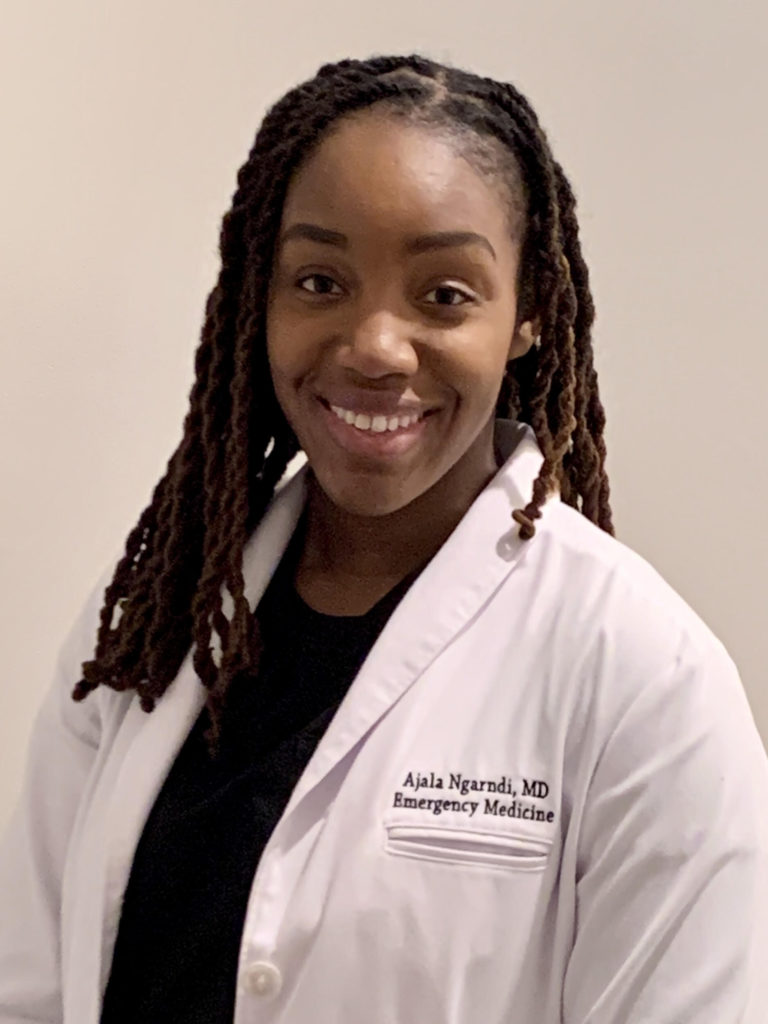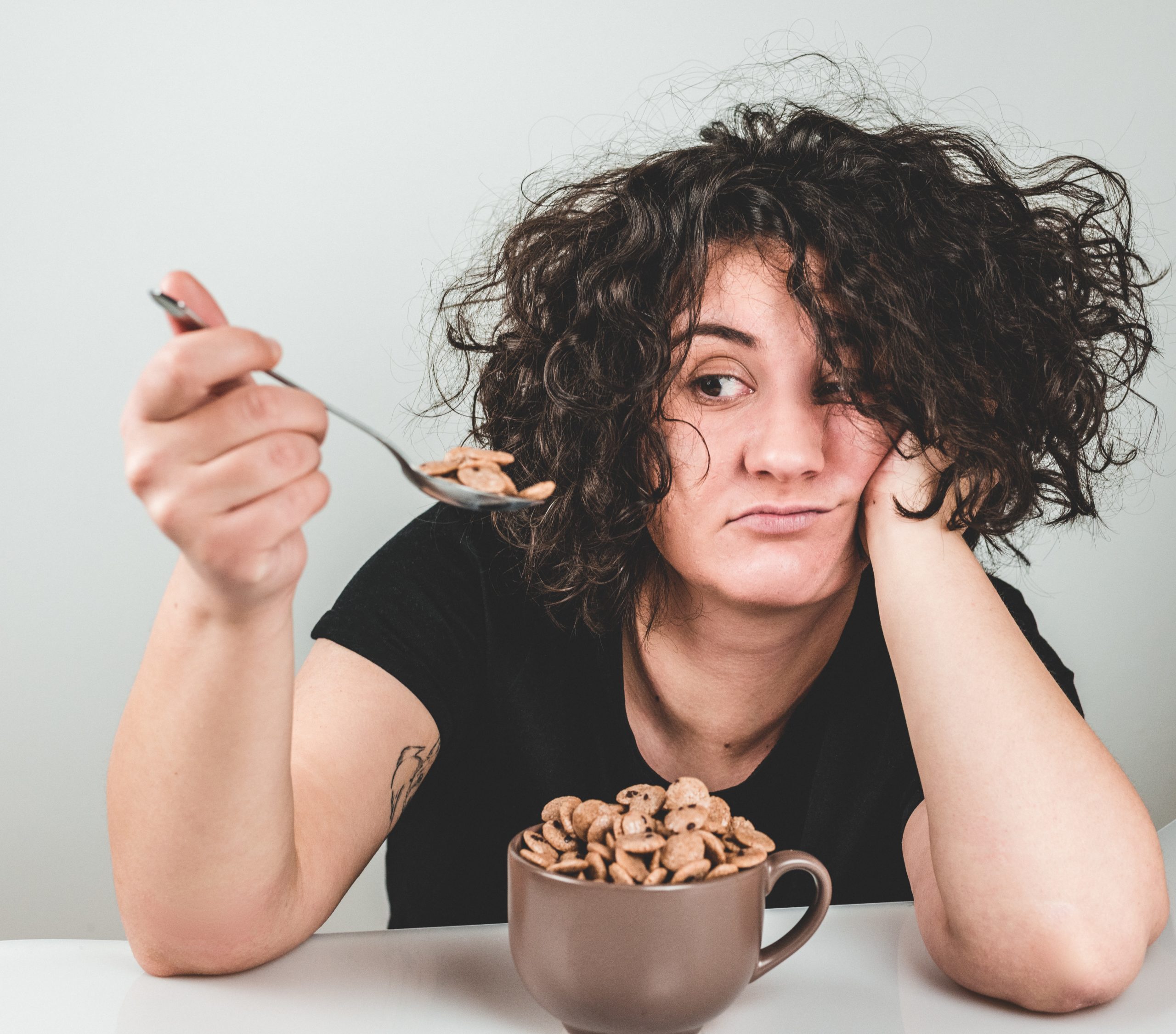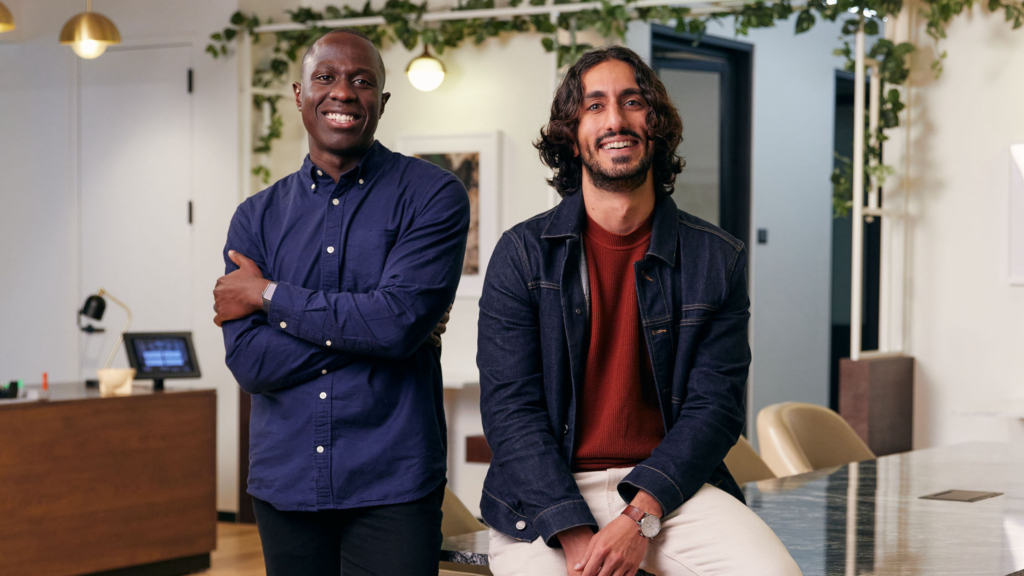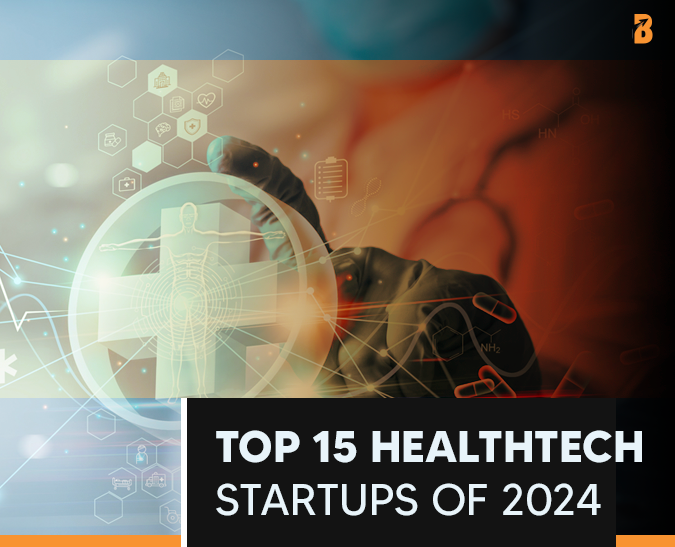Startup founders that can find time for exercise and other stress relievers would be wise to understand that the workout doesn’t begin — nor does it end — in the gym.
Just as a car requires oil and maintenance to run properly, founders must remember that what they put into their bodies before and after a workout, along with getting enough sleep — yes, founders, we said sleep — is what will keep them healthy and full of energy to take on the daily challenges of growing a company.
In order to better understand what entrepreneurs should be putting into their bodies to maximize their energy levels and get results, we sat down with Ajala Ngarndi, Medical Director of The I.V. Doctor’s Atlanta division. The I.V. Doctor is a hybrid telehealth and house call service operating in 32 locations around the United States and Europe.
In this interview, Dr. Ngarndi provides insights into how athletes best recuperate after workouts as a reference point for founders and other busy professionals looking to improve their health and energy levels.
StartupBeat: Why is it important to incorporate vitamins into your diet on top of an exercise regimen?
Dr. Ajala Ngarndi: As every athlete already knows, what you eat and how you treat your body is just as important as how you exercise it. Startup founders should be no different. A key part of a healthy workout regimen is taking the time to learn how to eat correctly and choosing the right vitamins to help rebuild up your muscles for optimized recovery.
Even for non-athletes, it’s extremely crucial that every person meets their daily vitamin requirement to maintain good health — but with the added demands of tough workouts several days a week, the need for replenishment through vitamins grows even more critical.

SB: What happens to your body when it undergoes strenuous exercise?
Dr. Ngarndi: During an intense workout, the body often experiences something called “oxidative stress,” which is an imbalance of free radicals (damaging byproducts that can be released from cells under stress), and antioxidants, which neutralize those free radicals. This means that not having adequate antioxidants after a challenging workout can prolong recovery time and lead to worse DOMS, or Delayed Onset Muscle Soreness.
SB: Which vitamins can help your body recover more quickly from a tough workout?
Dr. Ngarndi: There are three key vitamins that can combat this issue. More commonly known as a vitamin that boosts the immune system, Vitamin C also plays many other important roles that can help athletes and others, due to its antioxidant properties. Vitamin C is a key component of collagen, the main structural protein in connective tissues (such as ligaments and tendons). This vitamin is water-soluble, meaning that the body does not store up an extra supply — making it even more important to ensure regular diet intake.
Vitamin B Complex is also water-soluble and known for its ability to boost energy. There are many various components of the B Complex, but each works synergistically to increase energy levels, support metabolism, muscle tone, and red blood production — all key ingredients to maintaining a healthy workout regimen.
The last key vitamin is Vitamin E. This is a great antioxidant which, similar to Vitamin C, helps remove damaging free radicals in your system after a tough workout. This helps you build your muscles back up more easily and can reduce soreness. Researchers have even investigated Vitamin E as a possible solution for degenerative diseases such as cancer or heart disease, although no success has been discovered yet.
SB: What foods can you eat to incorporate these vitamins into your daily diet?
Dr. Ngarndi: When people think of foods with high levels of Vitamin C, the first thing that usually springs to mind is a citrus fruit like an orange or mandarin. However, Vitamin C is certainly not limited to those! You can find plenty of Vitamin C in foods including broccoli, green and red peppers, spinach and kale, and sweet and white potatoes. Other fruits high in Vitamin C include cantaloupe, mango, papaya, grapefruit, pineapple, and berries.
Because there are many types of B vitamins, you can find them in a wide variety of foods. Meat, fish, and shellfish all have plentiful amounts, and you can also source them from dairy products like milk and cheese. Beans such as kidney beans, black beans, and chickpeas are also a great source for different B vitamins, and whole grains, soy products, and wheat germs cater for a rich Vitamin B Complex diet too.
When it comes to eating foods with Vitamin E, go nuts! No, really: Peanuts, hazelnuts, almonds and sunflower seeds are all extremely rich in Vitamin E, and serve as great snacks that can easily add it to your diet — in fact, just a handful of sunflower seeds could help you reach your Vitamin E goals for the entire day. If you’re allergic to nuts, you can also find high levels of it in spinach, broccoli, kiwifruit, and mango.
SB: What are antioxidant IV treatments and how can they help?
Dr. Ngarndi: Regular antioxidant IV treatments are a great way to support your energy levels and speed up your recovery time. These packages often include plenty of fluids, a high dosage of Vitamin C, multivitamins, and antioxidants such as glutathione. Getting this mix of vitamins and antioxidants directly through an IV every week or every couple of weeks is a great way to ensure you’re keeping your levels up — especially if you’re combining it with a vitamin-rich diet.
At The I.V. Doctor, we work with a vast group of patients in many different professions and our healthcare professionals analyze the best vitamin treatment regimens for individualized cases. It is always best to check with your primary care physician about nutrition and other metabolic health systems that are available.
Disclosure: This article includes a client of an Espacio portfolio company.












